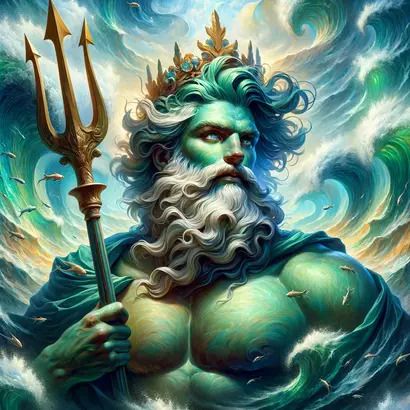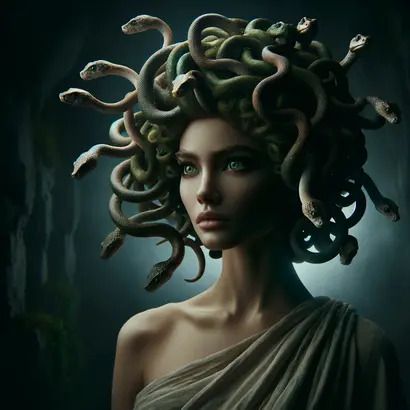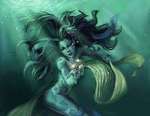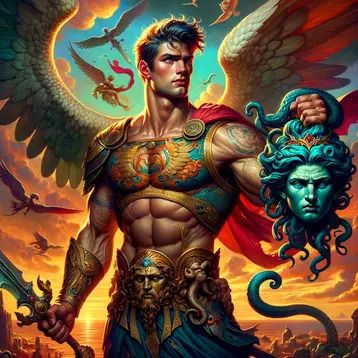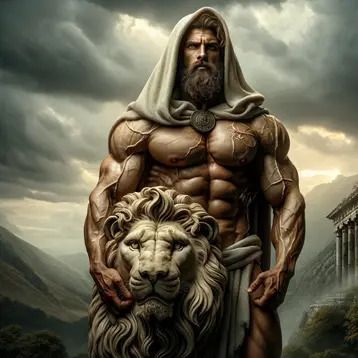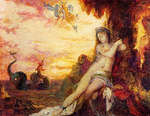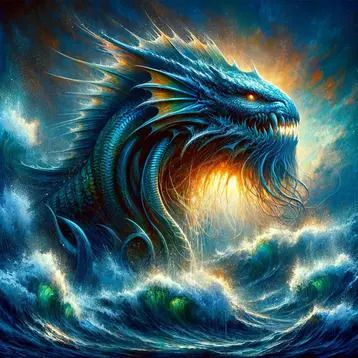
Cetus
Cetus signified a large sea monster, fish or whale in Greek mythology. The sea monsters that the heroes Perseus and Heracles killed during their adventures were also described with the word cetus. The cetus that is mentioned in the story of Perseus is probably the better known one. It all happened when Cassiopeia, queen of Aethiopia, boasted that her daughter Andromeda surpassed the Nereid nymphs in beauty. Poseidon was infuriated by the insolence of the mortal woman, and sent a sea monster named Cetus to destroy the shores of the region. Cassiopeia and her husband Cepheus asked the advice of an oracle that told them they should sacrifice their daughter to the monster, in order to appease the god. The royal couple agreed and had their daughter chained to a rock next to the sea. Just before Cetus attacked her, Perseus appeared and learned of what was about to happen. He freed Andromeda and either slew the monster with his sword, or used Medusa's head to turn it to stone.
See Also: Perseus, Heracles, Cassiopeia, Andromeda, Nereids, Poseidon, Cepheus, Medusa
Cetus Q&A
Link/Cite Cetus Page
Written by: The Editors of GreekMythology.com. GreekMythology.com editors write, review and revise subject areas in which they have extensive knowledge based on their working experience or advanced studies.
For MLA style citation use: GreekMythology.com, The Editors of Website. "Cetus". GreekMythology.com Website, 01 Aug. 2015, https://www.greekmythology.com/Myths/Monsters/Cetus/cetus.html. Accessed 27 April 2024.

